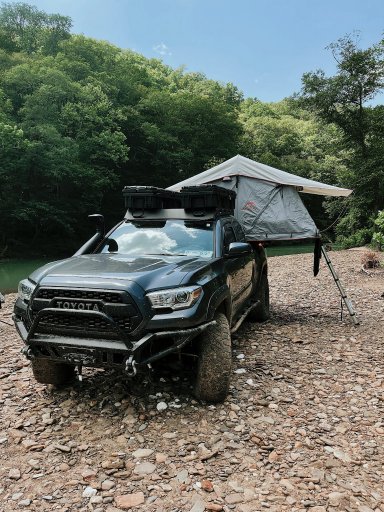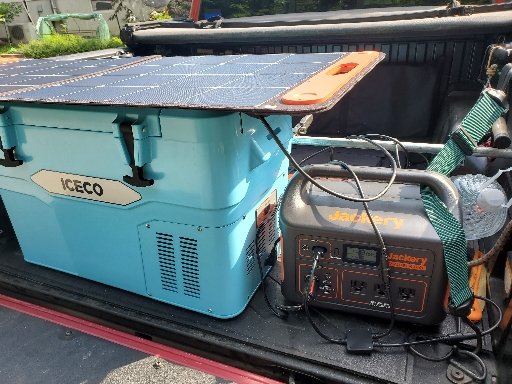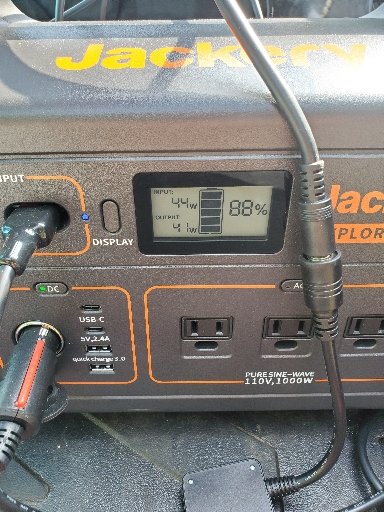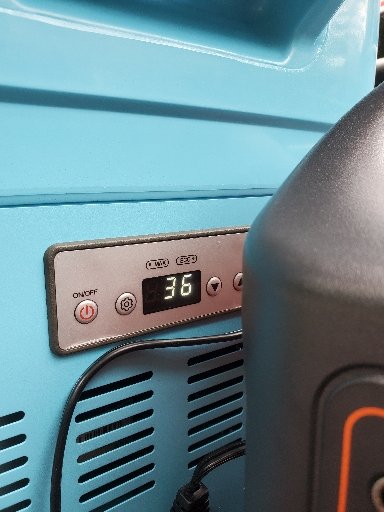Hello! First post here but after doing loads of research I’ve been unable to find exactly what I was looking for.
So I have an Amazon brand refrigerator and have had it a bit over a year now and have always kept it in my truck (unplugged when not being used) and it’s actually been a good working refrigerator 50L never had an issue with it although the power consumption seems absurd from what everyone else says theirs runs at. Keep mine set to about 32-34deg Fahrenheit
I’m running a Bluetti EB150 solar generator to power the fridge on trips (I’ll plug it into the trucks inverter when driving longer distances) now to put more context to what I’m talking about.
On a hot 90deg Fahrenhei day with my fridge/solar generator in the back cab area of the truck (windows cracked) every time the fridge is running its drawing consistently in the range around 130 watts and at those temps/conditions it runs almost constantly. All I’m wanting to do is see if that’s normal from what you guys see is comparable conditions?
everything I’ve read people say after the initial cooling of their refrigerator the average watt consumption tends to be 50-65watts and mines consistently double that even after the initial cooling and doesn’t seem to effect it rather the refrigerator is on eco mode or max.
Added a picture of my truck for those who may be interested. Thanks I’m advance!
So I have an Amazon brand refrigerator and have had it a bit over a year now and have always kept it in my truck (unplugged when not being used) and it’s actually been a good working refrigerator 50L never had an issue with it although the power consumption seems absurd from what everyone else says theirs runs at. Keep mine set to about 32-34deg Fahrenheit
I’m running a Bluetti EB150 solar generator to power the fridge on trips (I’ll plug it into the trucks inverter when driving longer distances) now to put more context to what I’m talking about.
On a hot 90deg Fahrenhei day with my fridge/solar generator in the back cab area of the truck (windows cracked) every time the fridge is running its drawing consistently in the range around 130 watts and at those temps/conditions it runs almost constantly. All I’m wanting to do is see if that’s normal from what you guys see is comparable conditions?
everything I’ve read people say after the initial cooling of their refrigerator the average watt consumption tends to be 50-65watts and mines consistently double that even after the initial cooling and doesn’t seem to effect it rather the refrigerator is on eco mode or max.
Added a picture of my truck for those who may be interested. Thanks I’m advance!
Attachments
-
1.1 MB Views: 57










